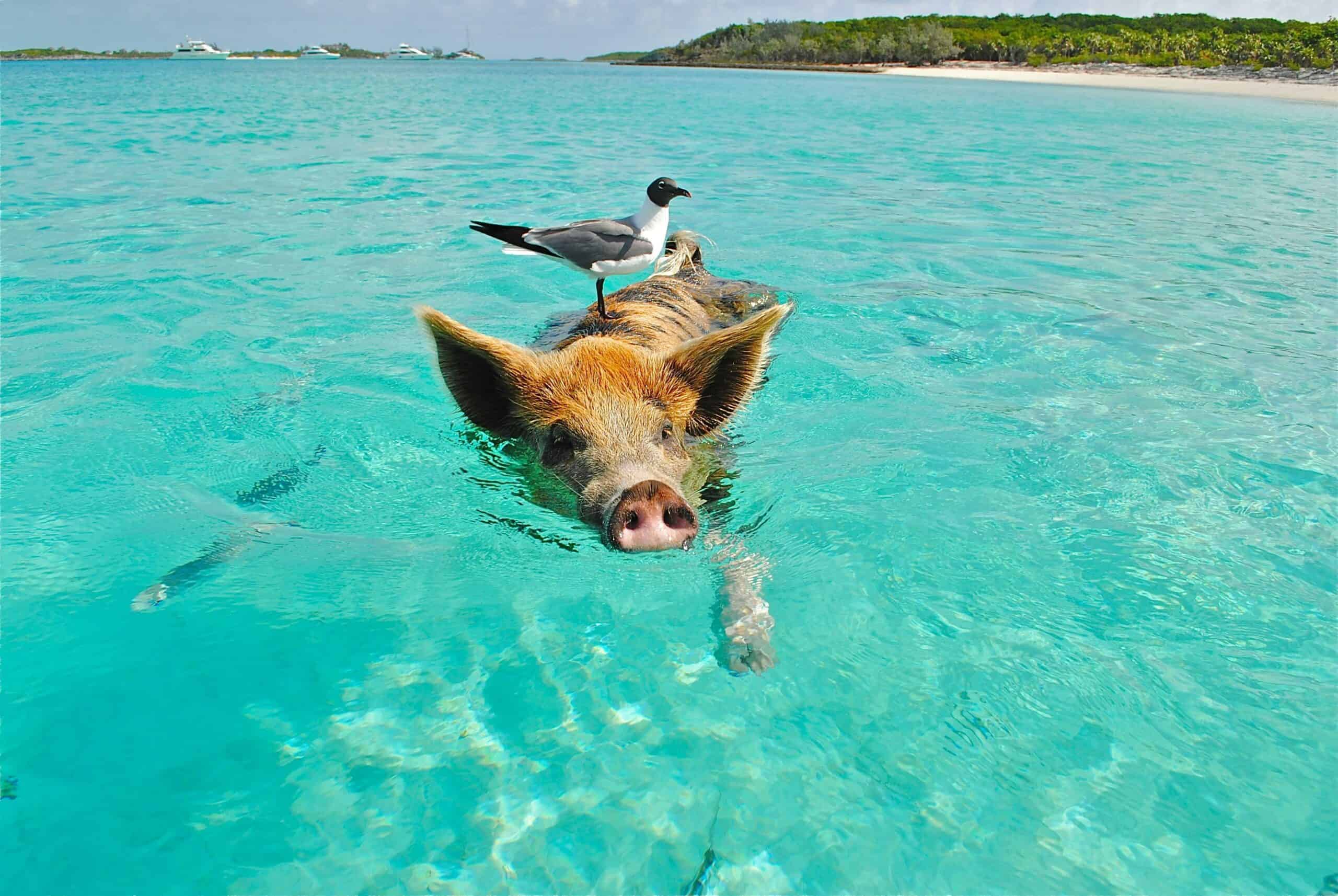55+ Berry Funny Strawberry Puns to Sweeten Your Day!


The oceans cover more than 70% of the Earth’s surface, making them one of the most mysterious and vital parts of our planet. With ecosystems teeming with life, awe-inspiring geological features, and fascinating phenomena, the ocean is a source of endless curiosity. Whether you’re an ocean enthusiast or just curious about marine life, these 65 ocean trivia questions will challenge your knowledge and expand your appreciation for the deep blue.
What is the largest ocean on Earth?
Answer: Pacific Ocean
What percentage of the Earth’s oxygen is produced by the ocean?
Answer: 50%
What is the deepest point in the ocean?
Answer: Mariana Trench
Which ocean has the Bermuda Triangle?
Answer: Atlantic Ocean
What percentage of the Earth’s surface is covered by oceans?
Answer: 71%
What is the primary producer in the ocean?
Answer: Phytoplankton
What is the saltiest sea on Earth?
Answer: Red Sea
Which marine animal is the largest mammal?
Answer: Blue whale
What is the name of the current that brings warm water from the Gulf of Mexico to the Atlantic?
Answer: Gulf Stream
What type of underwater forest thrives in cold, nutrient-rich waters?
Answer: Kelp forest
What small shrimp-like creatures serve as a primary food source for whales?
Answer: Krill
Which marine animal is known for its ink defense mechanism?
Answer: Squid
What bird can fly for years without landing?
Answer: Albatross
What tiny organisms form the base of the marine food chain?
Answer: Plankton
Which animal is often called the “unicorn of the sea”?
Answer: Narwhal
What marine animal is known for regenerating its lost limbs?
Answer: Starfish (Sea Star)
Which large marine mammal is known for its tusks?
Answer: Walrus
Which zone in the ocean receives the most sunlight?
Answer: Euphotic zone
What marine phenomenon causes coral reefs to lose their color due to stress?
Answer: Coral bleaching
What is the largest sea on Earth?
Answer: Philippine Sea
Which ocean surrounds Antarctica?
Answer: Southern Ocean
What are underwater mountain ranges called?
Answer: Mid-ocean ridges
Which oceanic zone is completely dark and starts at 1,000 meters deep?
Answer: Abyssal zone
What is the process called when cold, nutrient-rich water rises from deep in the ocean?
Answer: Upwelling
What is the name of the ocean phenomenon that brings unusually warm water to the central and eastern Pacific?
Answer: El Niño
What is the largest ocean trench?
Answer: Mariana Trench
Which ocean borders the east coast of Africa?
Answer: Indian Ocean
What causes the rise and fall of sea levels?
Answer: Tides
What structure separates the continents from the deep ocean?
Answer: Continental slope
What is the term for the underwater version of a desert, due to low nutrients?
Answer: Oceanic gyre
What percentage of the ocean has been explored by humans?
Answer: Only about 5%
Which marine creatures are most impacted by ocean acidification?
Answer: Coral reefs and shellfish
Which greenhouse gas, when dissolved in seawater, causes the ocean to become more acidic?
Answer: Carbon dioxide
What is the term for removing salt from seawater to make it drinkable?
Answer: Desalination
What underwater ecosystem is one of the most biodiverse on Earth?
Answer: Coral reefs
What is the driving force behind most ocean currents?
Answer: Wind
What marine animal is commonly known for its ability to change its shell as it grows?
Answer: Hermit crab
Which underwater forest is vital for capturing carbon dioxide and providing oxygen?
Answer: Seagrass meadows
What ocean phenomenon involves the periodic rise in sea temperature and affects coral reefs?
Answer: Coral bleaching
What underwater structure is built by humans to connect two bodies of water?
Answer: Canal
Which sea creature has eight arms and can inject venom?
Answer: Octopus
Which massive whale is the main predator of the giant squid?
Answer: Sperm whale
What marine animal is known for floating with the currents and delivering a painful sting?
Answer: Jellyfish
What body of water is named for its seasonal wind patterns that affect the climate of South Asia?
Answer: Indian Ocean (Monsoon winds)
Which famous shipwreck was discovered at the bottom of the Atlantic in 1985?
Answer: Titanic
What type of islands are formed from the tops of underwater mountains?
Answer: Volcanic islands
What is the term for the steep descent from the continental shelf to the deep ocean floor?
Answer: Continental slope
What marine animal is known for jumping out of the water and swimming at high speeds?
Answer: Dolphin
What process removes salt from seawater to produce freshwater?
Answer: Desalination
Which ocean phenomenon is characterized by the rise in sea surface temperatures along the equatorial Pacific?
Answer: El Niño
What percentage of the world’s wildlife is found in the ocean?
Answer: About 94%
What is the term for organisms that live on the seafloor?
Answer: Benthos
Which ocean current brings warm water from the Gulf of Mexico to Europe?
Answer: Gulf Stream
What is the name of the ocean zone where no sunlight penetrates?
Answer: Midnight zone
Which marine animal is known for having the largest brain-to-body ratio of any invertebrate?
Answer: Octopus
What is the name of the small fish often eaten on pizzas?
Answer: Anchovy
What is the term for a large body of saltwater smaller than an ocean?
Answer: Sea
What percentage of marine species are still undiscovered?
Answer: Estimated 90%
Which small island in the Indian Ocean is one of Australia’s external territories?
Answer: Christmas Island
What ocean zone is closest to shore and covered by seawater during high tide?
Answer: Intertidal zone
The ocean is full of mysteries, from the deep-sea trenches to the delicate coral reefs that support countless marine species. As one of Earth’s most essential ecosystems, the ocean plays a critical role in sustaining life on our planet. By learning more about the oceans, we can better understand their importance and how to protect them. How many of these trivia questions did you get right?